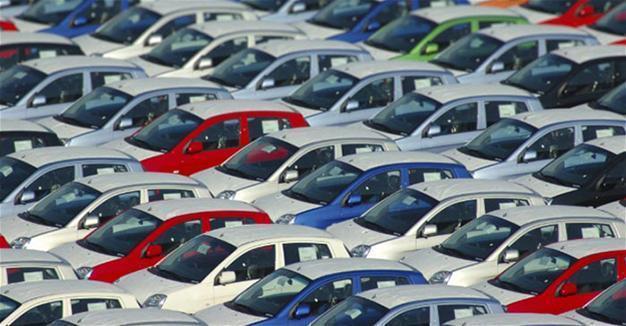Turkish automotive sector set to break new record, yet asking for measures to raise competitiveness
ISTANBUL

DHA photo
Turkish automotive sector players have said fresh production and export records will likely be seen over this year, while calling for a series of measures to raise the sector’s competitiveness especially against developed markets.
According to estimates by the Automotive Industrialists’ Association (OSD), Turkey will likely reach around 1.45 million units of output in 2016, with a seven percent of increase from 2015, and 1.1 million units in exports with at least 11 percent of year-on-year increase, Reuters reported on Oct. 17.
The sector hit record high production and export figures in 2015 with a total of 1.36 million units of outputs and 992,000 units in exports.
While the EU automotive market, the main market for Turkish producers, grew 9.6 percent in the first half of 2016, the key North American market grew 2.6 percent.
OSD President Kudret Önen said the Turkish sector’s annual production capacity had reached 2 million thanks to ongoing investments.
“The point is here is that our country has become a production hub for commercial vehicles in addition to cars,” Önen added, as quoted by Reuters.
Among the recent investments are by Tofaş for the Aegea (Egea) model and a new generation Megane model by Renault. Toyota is also expected to produce a hybrid model by November.
The domestic market, which also broke a record with sales of 1.01 million units last year, is expected to close the year at around 950,000-980,000 units, due to slowdown after Turkey’s failed military coup attempt on July 15.
Önen said a series of measures need to be taken to strengthen the competitiveness of the sector along with authorities, classifying what to do in four main groups: Digital transformation, qualified labor force, administrative policies and global trade deals.
